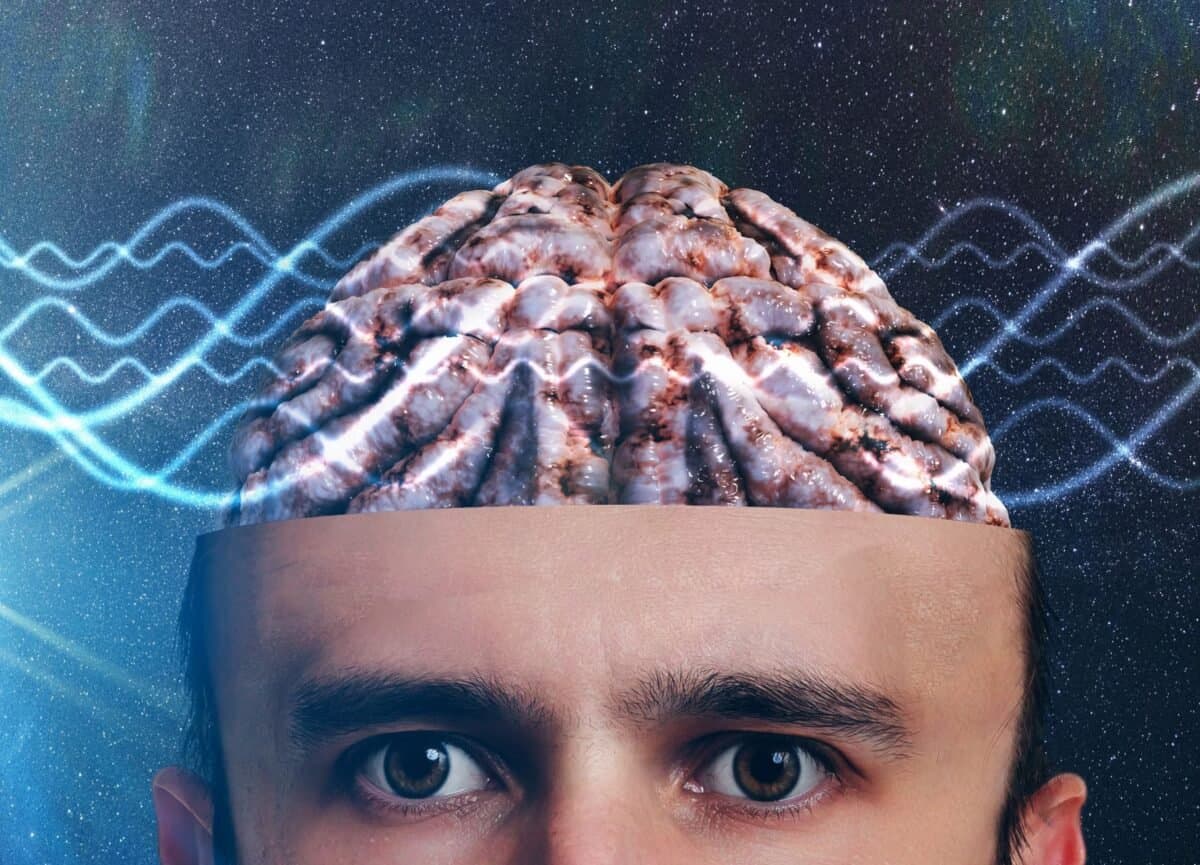
AP Psychology Study Resource: Social Facilitation Social facilitation is the theory that explores how someone’s performance can be improved when others are present. This theory helps us understand our motivation in front of an audience. We get to say when we’re doing tasks, the more effective and successful we become. For example, as we’ll find … Continue reading “AP Psychology Study Resource: Social Facilitation”
Research Methods and Statistics General Resources: Research Methods Knowledge Base Methods in Behavioral Research (textbook with links) Research Methods Tutorials (from Cornell University) Action Research Resources (megasite on action research) Qualitative Research Resources on the Internet Psychological Methods (APA journal) Getting Started Researching on the Web: Web Tools for Research in Psychology Library Research in … Continue reading “Neuroscience and the Brain”
Perception is the way we interpret the information we sense. The way we interpret the world in many ways dictates our sense of reality. Even if our senses are keen (like superman on crack), if our perception is skewed we will not understand the information we sense. Lets first go over some basic definitions and … Continue reading “Perception”

Most of you reading this (taking an AP class) probably consider yourselves intelligent (don’t worry, I am sure you are- even if you are not- I still like you). But how do you really know if you are? Well you could take an intelligent type test; and the two most popular are the Stanford-Binet and … Continue reading “What is Intelligence?”
Language There was a time when I was younger that I would go clubbing and show off my dancing skills. When I first walked into the club I would get my mack on and talk to girls by the bar. When I took the action to the dance floor the music was so loud as … Continue reading “Language”
Cognitive psychology is the most popular school of psychology today. Cognitive psychologists focus on our thinking patterns. They are concerned with how our mind processing information and the schemas we form (see Piaget). Unlike other schools of psychology, cognitive psychologists use the scientific method to analyze thought patterns. If you break up with your significant … Continue reading “Cognitive School”
Developmental Psychology Most of you reading this are anywhere from 16 – 20 years old. I guarantee that just about ten minutes ago this was going through your mind “what’s on TV tonight- I really need to change my myspace picture- I am really fat….that’s it- NO MORE FOOD- but I am supposed to meet … Continue reading “Developmental Psychology”
Developmental Psychology Social Development There was this girl that I met at one of my fraternity parties my junior year of college. She was beautiful and made Jessica Alba look like Squidward. I remember walking up to her and offering her a beer (root beer). Her name was Dawn (from Long Island- in fact every … Continue reading “Developmental Psychology”

Ok- it was the late 1950’s and “make love, not war” era was peaking it’s head around the corner when the humanistic school popped up. People were sick of the impersonality of the behavior school and the negativity of the psychoanalytic school. People wanted to focus, not on the sick, but on the healthy. They … Continue reading “Humanistic School”

So far we talked about motivations behind simple human behaviors like eating and sex. What motivates us the more complicated behaviors, like studying for the AP Psychology test? What motivates us to work hard in school, video games, sports and all those day to day things that take up our day. We call this types … Continue reading “Achievement Motivation”





